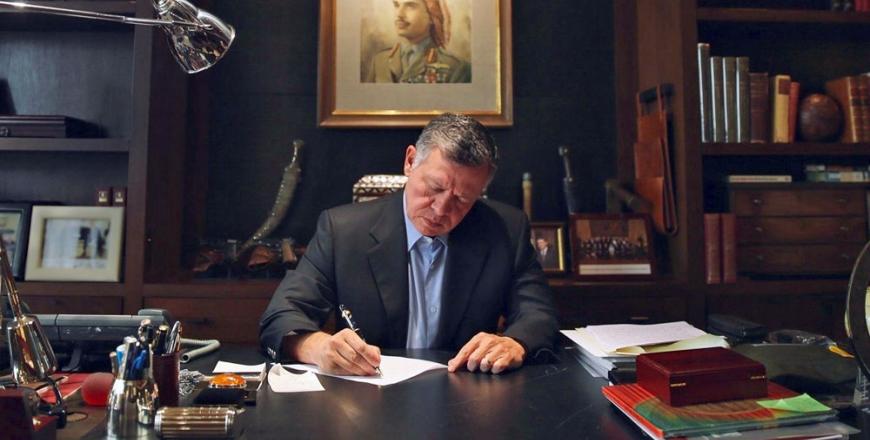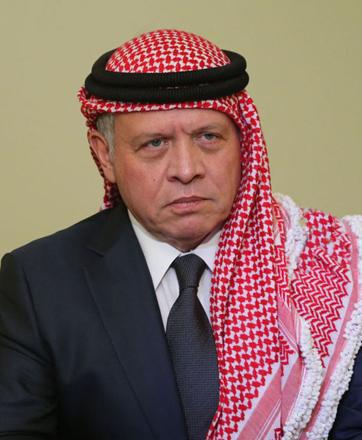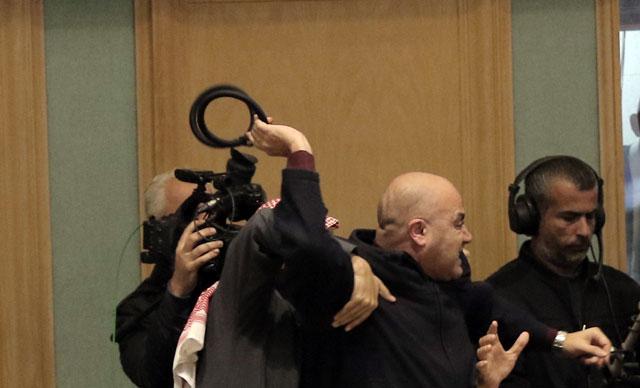You are here
Analysts say solution to wasta is easy: enforce the law
By Omar Obeidat - Oct 17,2016 - Last updated at Oct 17,2016
AMMAN – Abdullah was appointed at a public institution some five years ago. He did not land the job because he was the best candidate, but with the help of a relative who was a member of the Lower House.
The 31-year-old holder of a computer science degree, who wanted to be identified by his first name only, does not feel guilty that he might have deprived another deserving jobseeker of the opportunity. He believes wasta (favouritism) is a system inherent and accepted in the Jordanian culture.
"If I did not seek wasta, another person would have done so and taken the job with the help of influential connections," he told The Jordan Times on Monday.
Commentators see the case of Abdullah as one of numerous other cases not only when it comes to getting a job but also to obtaining a service from a public agency.
Experts told The Jordan Times in separate phone interviews that wasta has become part and parcel of the culture and traditions because successive governments have failed to secure equal opportunity for all Jordanians and because the rule of law is not enshrined as it should be.
The issues of fighting wasta and entrenching the rule of law have been among the main themes of the sixth discussion paper by His Majesty King Abdullah that was released Sunday.
"We cannot address the issue of the rule of law without recognising that wasta and nepotism jeopardise development efforts. Wasta does not only impede the country’s progression, it erodes achievements by undermining the values of justice, equal opportunity and good citizenship, which are the enablers of development in any society," said the King.
"We cannot tolerate such practices that destroy the bases of public service. We cannot allow them to become a source of frustration for our qualified youth, by leaving our young generations victim to the conviction that their future, whether in college or in the job market, hinges on their ability to benefit from wasta and nepotism. How can a generation brainwashed with sub-loyalties assume the responsibilities of protecting the rule of law or running national institutions?"
The King said this challenge deserves a comprehensive national strategy on youth, devising programmes designed by experts and prominent institutions with the aim of cementing values of good citizenship, the state of law and love of the country, adding these programmes should also empower young people to realise their potential and expand their horizons and immune them against extremist evil ideologies.
In his paper, His Majesty addressed the issue of senior government appointments by saying that it dominates the conversation, whenever wasta and nepotism are addressed.
“We have, regrettably, seen in recent years some transgressions that burdened our institutions and citizens with unqualified officials. These practices have deprived institutions from qualified personnel and leadership that can advance these agencies and serve the country and the people. It should be emphasised here that meritocracy should be the only basis for appointment,” he added.
Dean of the Jordan Media Institute and commentator Bassem Tweisi said the government should show the will to achieve equal opportunity for Jordanians and realise that it is time to use its executive tools to solve the challenges the King warned against.
The solution is enforcing the law as a prerequisite to any reform effort.
He criticised governments for the lack of transparency in the appointment of officials in top official posts, as in certain cases the recruitment did not come through competition or due procedure, taking the public by surprise.
Former MP Mustafa Hamarneh said the remedy for a society riddled with wasta is to have in place a strong government that delivers and performs well.
“When there is a government that fulfils its mandate and makes economic and other gains, there won’t be a need to appease influential people, MPs or dignitaries,” he said.
From his experience as a member of the previous Parliament, Hamarneh said that lawmakers used to blackmail the government, threatening with aggressive stands against it if their personal demands are not met.
“I saw some MPs use their influence to free people with criminal records from jail,” he charged.
Hamarneh said that unaccepted government practices in terms of appointments in senior positions are not limited to public agencies but also in companies owned or partly owned by the government.
Civil Service Bureau (CSB) President Khalaf Hmeisat said the King’s recent remarks came as a follow-up on previous directives to deliver justice and equal opportunity to all, adding that the level of loyalty to the country hinges on success in such a drive.
He outlined the experience of CBS in pursuing fair and transparent measures in the recruitment process for graduates based on competition and a waiting list.
Hmeisat said, however, that it took the bureau years to change the mentality of people to make sure that they take seriously the principle that there is no place for wasta in the work of the CBS. The effort finally paid off, he said, noting that influential people do not even think now of interfering to help their relatives or friends.
“What the public wants to see from officials is deeds not empty slogans,” he said, adding that employees in government agencies also need to believe that they are there to serve the public, so people would not need wasta to obtain a service.
“What we need is to enforce the law and regulations to address this challenge,” Hmeisat noted.
Related Articles
AMMAN — His Majesty King Abdullah has emphasised that the rule of law is the sine qua non of civil state and its absence is a factor of the
Following is the official translation of His Majesty King Abdullah’s sixth Royal Discussion Paper, released on Sunday.
AMMAN — Prime Minister Omar Razzaz on Wednesday said that there are certain criteria for appointment in senior government positions, acknowl


















